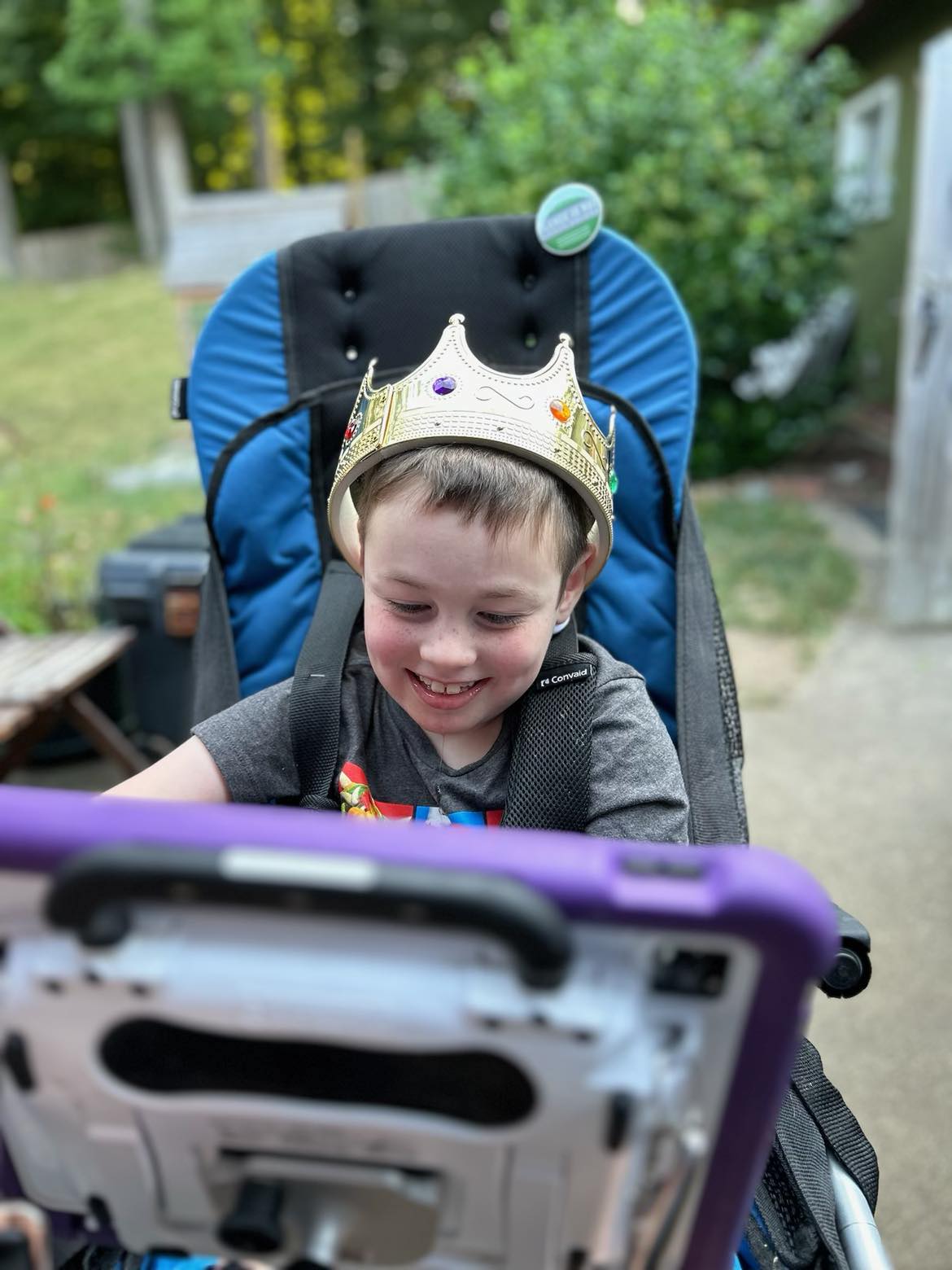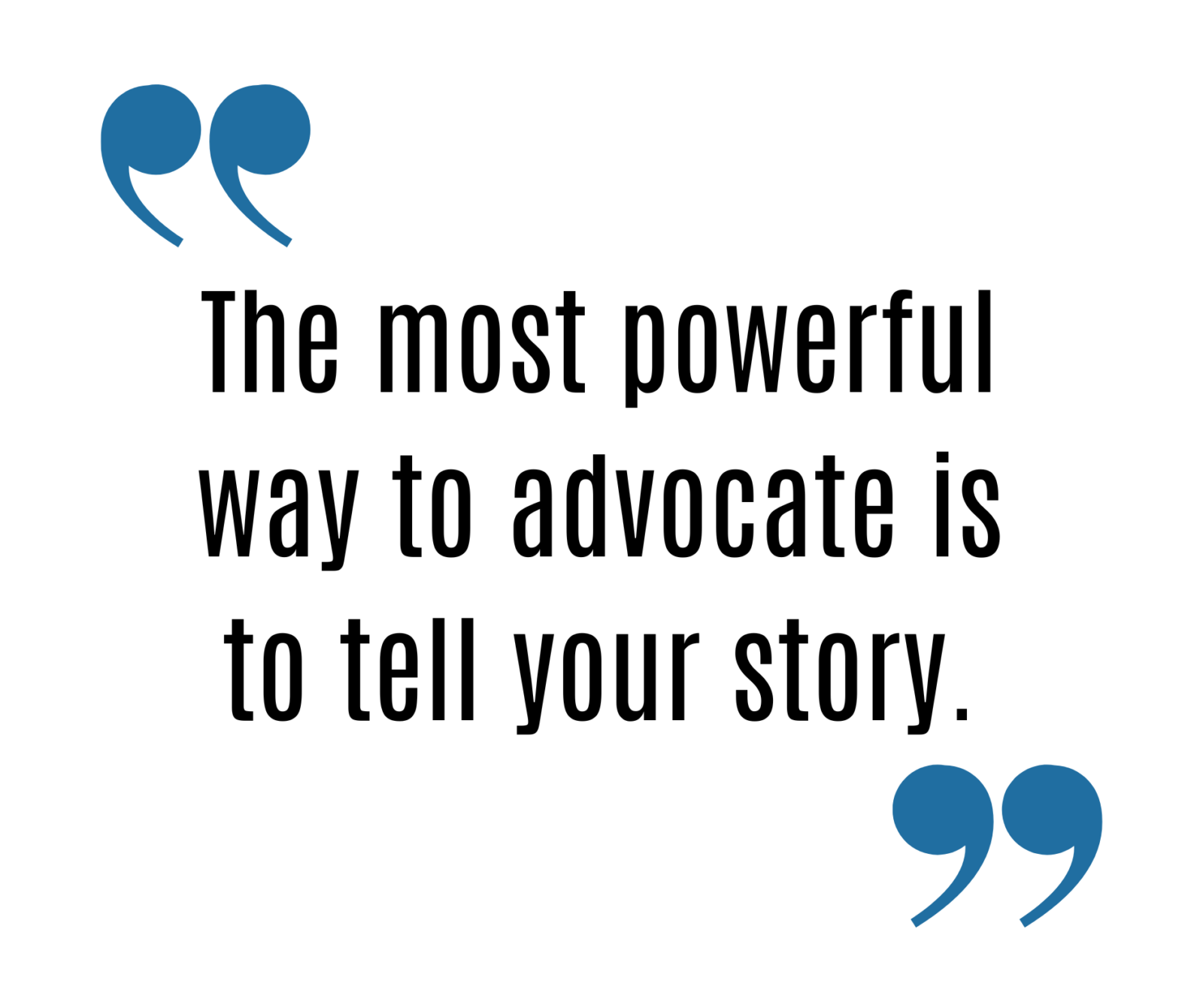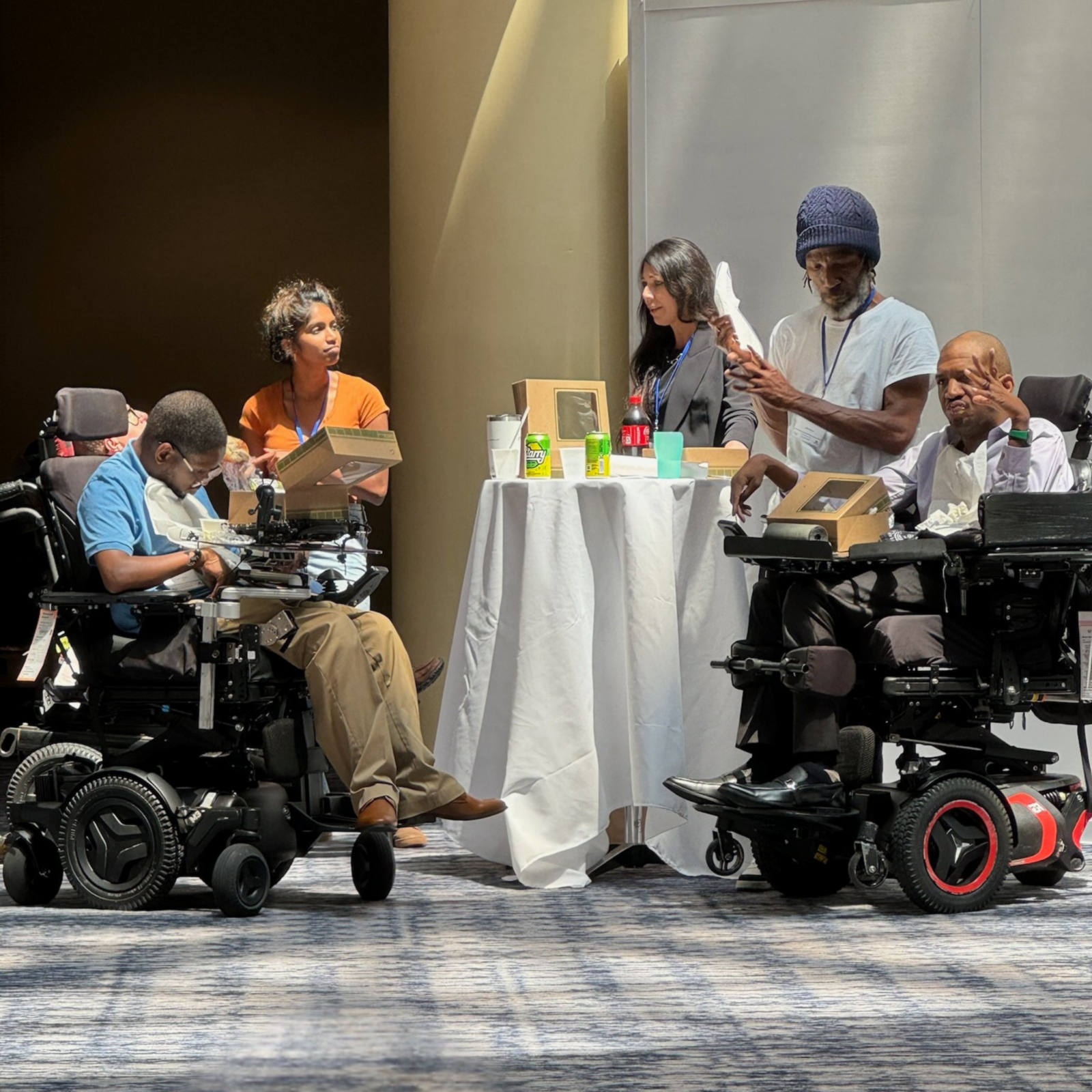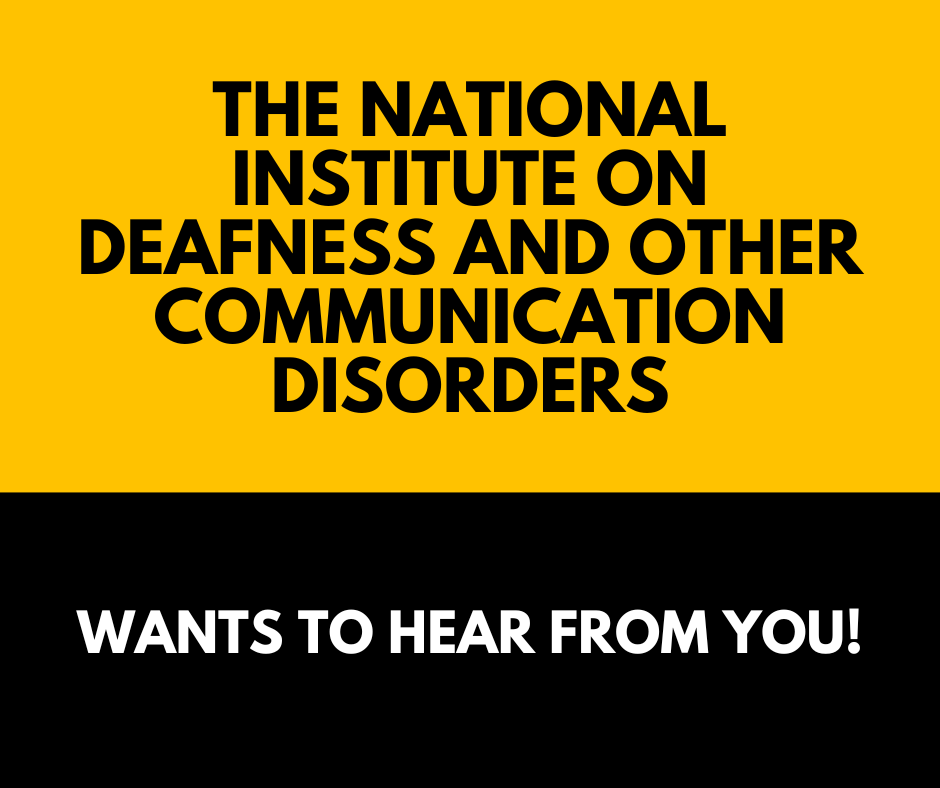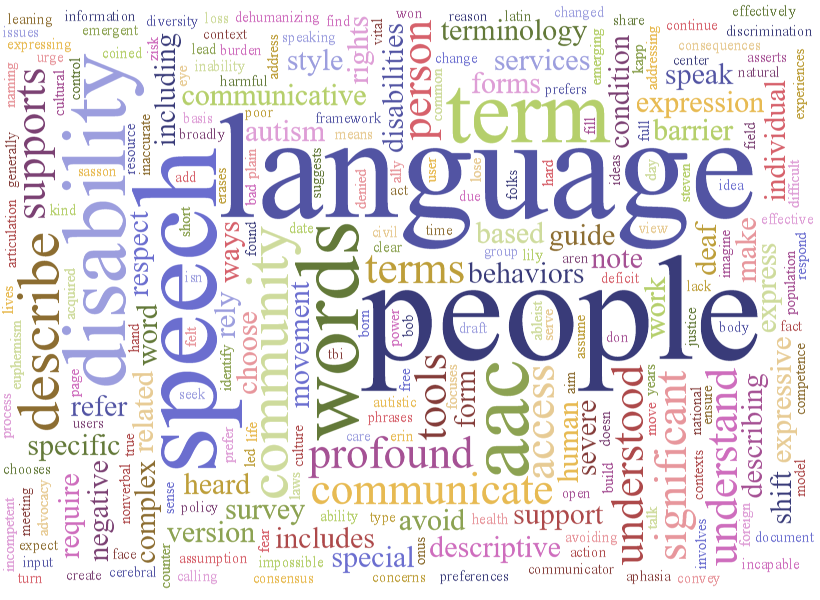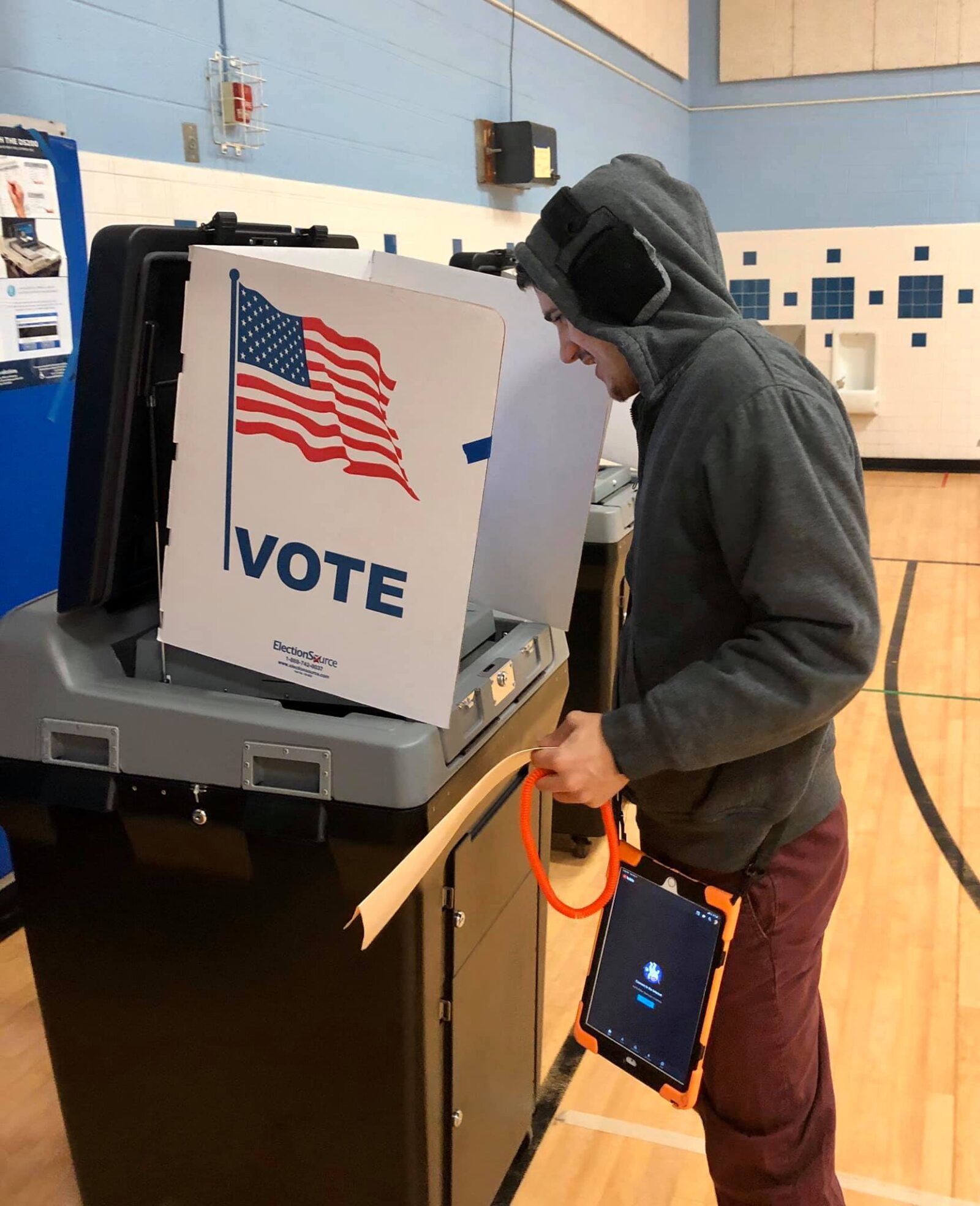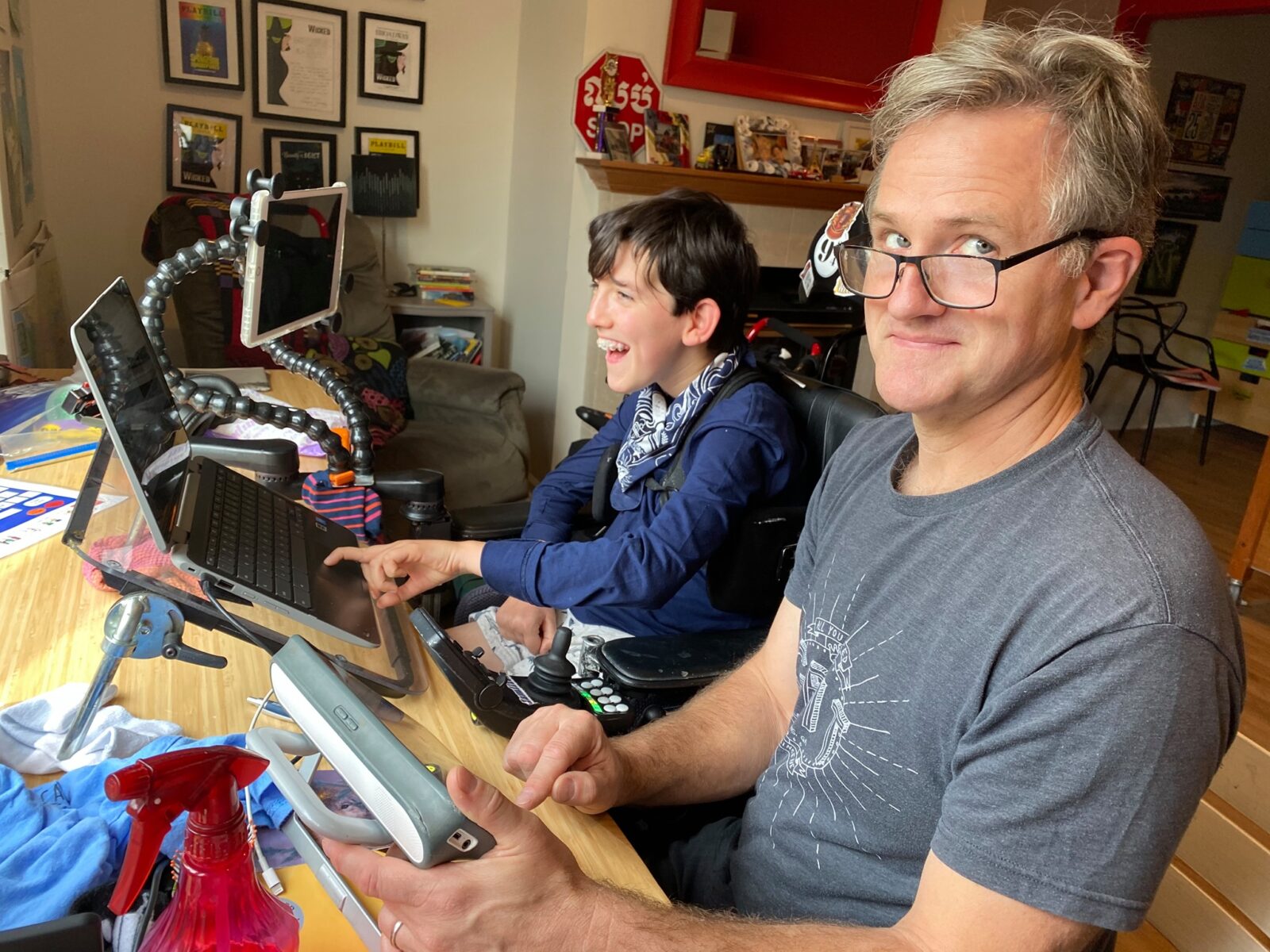This webinar first aired on October 15, 2024, and begins with a screening of CommunicationFIRST’s latest See Us, Hear Us film featuring Bob Williams. It is followed by a discussion among CommunicationFIRST Policy Director Bob Williams, Forest Haven Institution survivors Ricardo Thornton and Donna Thornton, and advocate and ally Rebecca Salon.
Earlier this week, Virginia adopted its first law expressly addressing augmentative and alternative communication (AAC). Read our summary and statement of the law here.
Read CommunicationFIRST’s statement in response to the planned elimination of the Administration for Community Living.
Medicaid is at risk! Your elected representatives need to hear how losing your Medicaid waiver would change your life. This Policy Advocacy for AAC Users toolkit provides some tips.
Share how Medicaid cuts would hurt you or those around you who need Medicaid to stay in the community. We put together some resources from our amazing partners to make this easy!
Our resource guides people with speech-related disabilities and mental health conditions, allies, and lifeline workers.
This resource includes quick tips written by AAC users on organizing and hosting online meetings with AAC users.
We encourage as many AAC users as possible to share your research priorities with NIDCD.
This is a plain language guide to research and why it is important. The government is asking people what kind…
We are naming ourselves. And we choose our words with great care. Our decisions are guided by respect for the diversity of our community and for every person’s right to choose the words they use for themselves.
Content Warning: This post discusses police brutality against disabled people. On January 26, 2023, police in Huntington Park, California, fatally…
CommunicationFIRST Celebrates Disability Voting Rights Week with REV UP “Vote as if your life depends on it … because it…
Twelve-year-old AAC user Leo True-Frost participates in virtual learning with his father, Jim True-Frost, supporting him. In November and December…
These nine studies, published between May and December 2020, tell us people with intellectual or developmental disabilities (including those who rely on AAC) are between 1.7 and 16 times more likely to die from COVID if they get it than those who do not have I/DD.
In response to multiple requests, we’ve prepared a resource to help our student members (US residents who cannot rely on…


